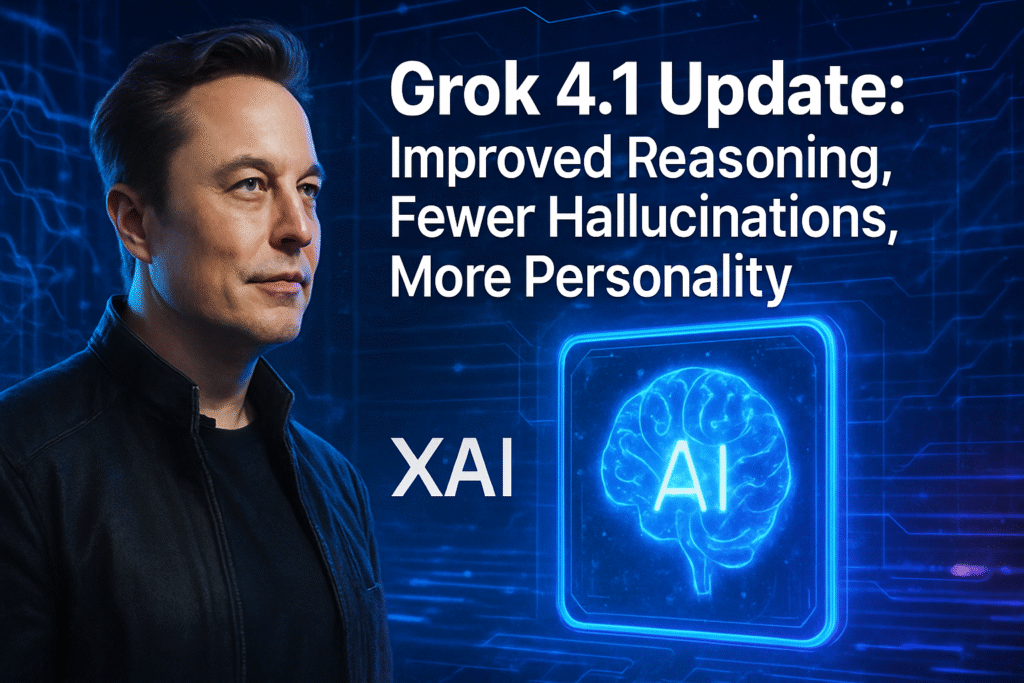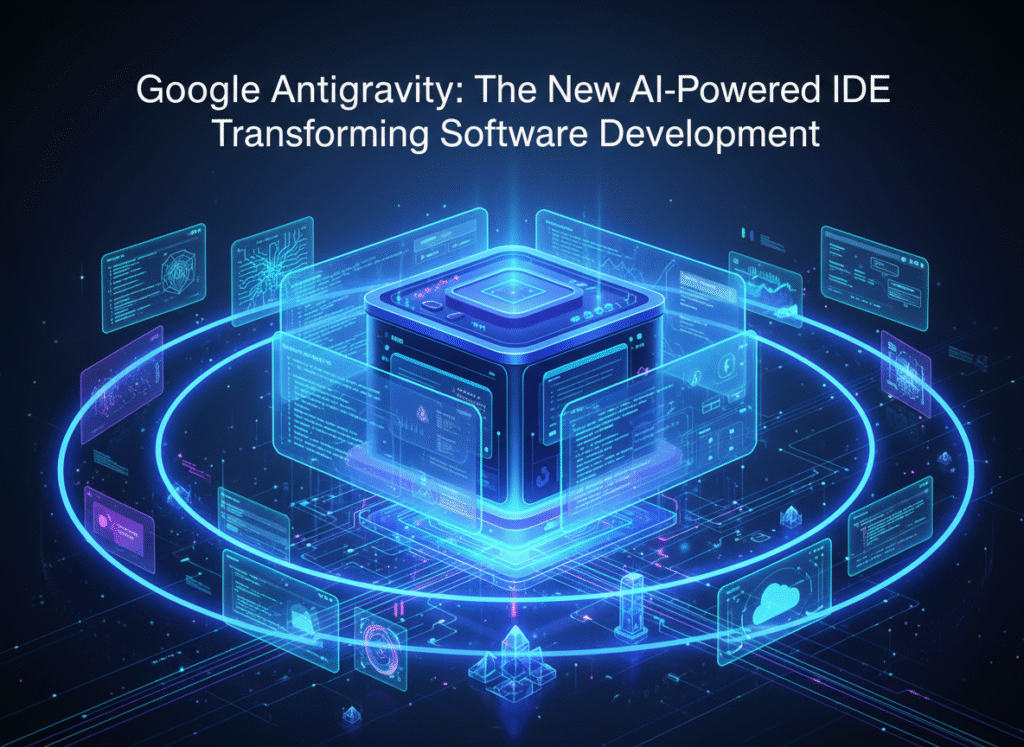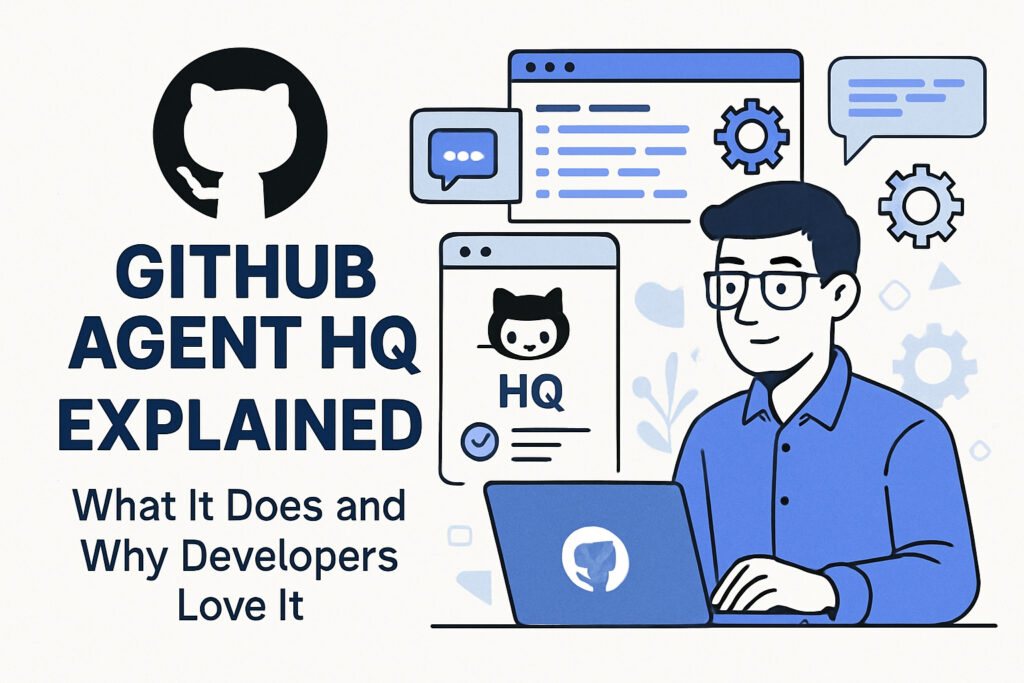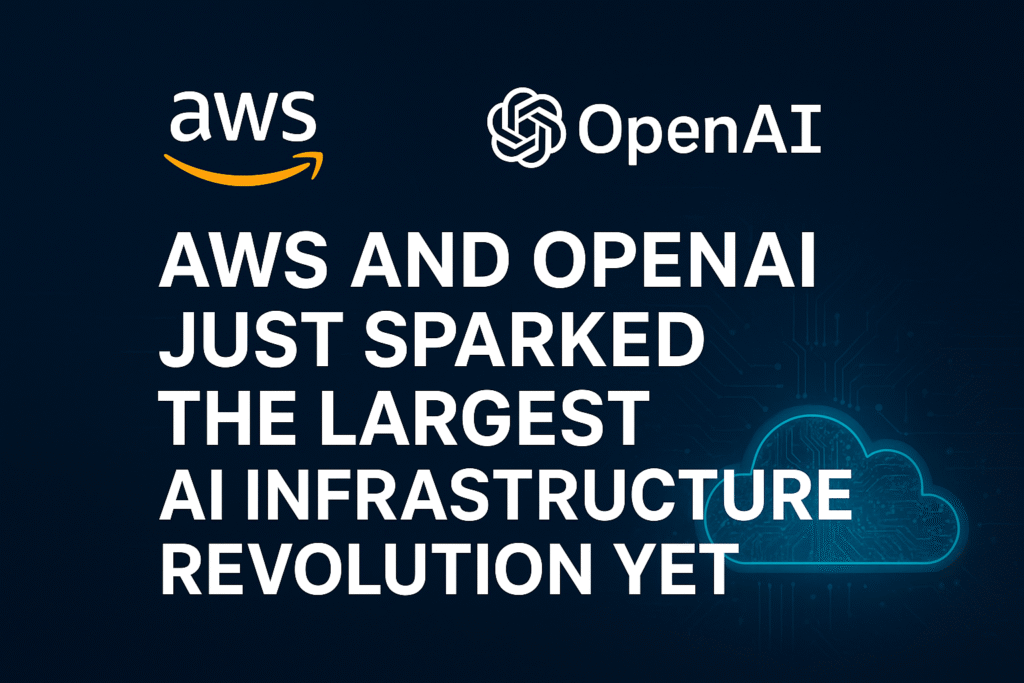
In today’s hyper-connected and data-driven world, enterprises are swimming in an ocean of information. Customer transactions, IoT sensors, marketing metrics, social media interactions, and supply chain data produce an unprecedented flood of data every second. But raw data alone isn’t valuable—turning that data into actionable insights is where AI platforms for enterprise data analytics shine.
Artificial Intelligence (AI) platforms empower organizations to process massive datasets, identify hidden trends, and make informed decisions faster than ever. From predictive modeling to real-time anomaly detection, these platforms are redefining the way businesses operate, compete, and innovate.
In this article, we’ll explore how AI platforms work, their benefits, the top enterprise-ready solutions available today, and future trends that will shape the field.
1. Understanding AI Platforms for Enterprise Data Analytics
An AI platform for enterprise data analytics is a software environment that integrates machine learning, deep learning, and advanced analytics capabilities to process complex business data. These platforms typically include:
- Data ingestion and integration tools to pull information from multiple sources.
- Data preprocessing modules for cleaning, normalizing, and structuring datasets.
- Machine learning model development for predicting outcomes or classifying data.
- Visualization dashboards to present insights in an easy-to-understand format.
- Automation features to continuously learn from new data and adapt over time.
Unlike traditional analytics tools that rely heavily on manual queries and predefined reports, AI-powered platforms are adaptive, predictive, and capable of finding patterns that humans might miss.
2. Why Enterprises Are Adopting AI for Data Analytics
The adoption of AI in enterprise analytics isn’t just a trend—it’s becoming a necessity. Key drivers include:
a) Speed and Scalability
Traditional analytics can take days or weeks to process large datasets. AI systems handle real-time data streams, scaling effortlessly as data volumes grow.
b) Enhanced Accuracy
Machine learning algorithms can identify correlations and anomalies in vast datasets with far greater precision than manual analysis, reducing costly errors.
c) Predictive Power
AI platforms enable businesses to forecast demand, anticipate maintenance needs, and predict customer churn, helping enterprises stay ahead of the competition.
d) Democratized Insights
With user-friendly dashboards, even non-technical teams can explore data, ask questions, and make data-driven decisions without deep programming knowledge.
3. Core Features of Leading AI Enterprise Analytics Platforms
When evaluating AI platforms, enterprises typically look for:
- Automated Machine Learning (AutoML): Simplifies the model-building process by automating feature selection, hyperparameter tuning, and validation.
- Natural Language Processing (NLP): Allows users to query data using everyday language (e.g., “What were last quarter’s top-selling products?”).
- Real-Time Analytics: Processes streaming data for instant decision-making.
- Integration Capabilities: Connects with ERP, CRM, IoT, and other enterprise systems.
- Security and Compliance: Ensures data privacy and compliance with regulations like GDPR and HIPAA.
4. Top AI Platforms for Enterprise Data Analytics
Here are some of the most powerful AI platforms currently making waves in enterprise analytics:
a) Microsoft Azure Synapse Analytics + Azure AI
Azure offers a comprehensive suite combining cloud-scale analytics with advanced AI capabilities. Enterprises can run complex queries across massive datasets, integrate with Azure Machine Learning, and deploy predictive models in real time.
Key Strengths:
- Tight integration with Microsoft ecosystem
- Scalable cloud infrastructure
- Built-in machine learning tools
b) Google Cloud AI Platform
Google’s AI Platform enables organizations to build, train, and deploy models at scale. Combined with BigQuery, enterprises can run lightning-fast analytics with built-in machine learning via BigQuery ML.
Key Strengths:
- Powerful NLP and image recognition tools
- Serverless architecture for cost efficiency
- Pre-trained models for quick deployment
c) IBM Watson Studio
IBM Watson has been a pioneer in enterprise AI. Watson Studio supports data scientists, analysts, and business users with tools for data preparation, model building, and visualization.
Key Strengths:
- Strong emphasis on explainable AI
- Supports hybrid and multi-cloud environments
- Advanced NLP capabilities
d) AWS SageMaker
Amazon SageMaker is a fully managed service for building, training, and deploying ML models. With its integration into AWS analytics services, SageMaker supports end-to-end enterprise AI workflows.
Key Strengths:
- AutoML features for fast development
- Strong integration with AWS data lakes
- Real-time model hosting and monitoring
e) DataRobot
DataRobot is a specialized AI platform focused on automated machine learning. It empowers teams with minimal coding experience to build high-performing predictive models.
Key Strengths:
- Exceptional AutoML capabilities
- Easy-to-use interface
- Robust compliance and governance features
5. Real-World Applications of AI in Enterprise Analytics
AI-powered analytics platforms are driving innovation across industries:
- Retail: Personalized recommendations, inventory forecasting, and fraud detection.
- Healthcare: Predictive diagnostics, patient outcome analysis, and resource optimization.
- Finance: Risk assessment, portfolio optimization, and real-time fraud alerts.
- Manufacturing: Predictive maintenance, quality control, and supply chain optimization.
- Marketing: Customer segmentation, sentiment analysis, and campaign optimization.
6. Challenges in Implementing AI for Enterprise Analytics
While AI offers transformative potential, enterprises face several challenges:
- Data Quality: Poor-quality or incomplete data can undermine AI effectiveness.
- Skill Gaps: AI adoption often requires upskilling teams or hiring specialized talent.
- Integration Complexity: Linking AI platforms with legacy systems can be time-consuming.
- Ethical and Compliance Concerns: AI decisions must be transparent, fair, and compliant with regulations.
7. Future Trends in AI Enterprise Analytics
The future of AI-driven enterprise analytics looks promising, with emerging trends such as:
- Explainable AI (XAI): Improving transparency so that decision-makers understand how models reach conclusions.
- Augmented Analytics: Combining AI with human insight for even richer decision-making.
- Edge AI: Running analytics directly on devices for faster insights without relying on cloud latency.
- Industry-Specific AI Models: Pre-trained AI solutions tailored to specific verticals like retail, healthcare, or manufacturing.
Conclusion
AI platforms for enterprise data analytics are no longer optional—they’re the backbone of modern, data-driven decision-making. By leveraging advanced machine learning, real-time processing, and intuitive interfaces, these platforms empower businesses to transform raw data into strategic advantage.
Enterprises that adopt AI-powered analytics now will not only gain operational efficiency but also position themselves to innovate faster, respond to market changes in real time, and deliver superior customer experiences.
The key is to choose a platform that aligns with your business goals, integrates smoothly with your existing systems, and evolves as your data needs grow.





